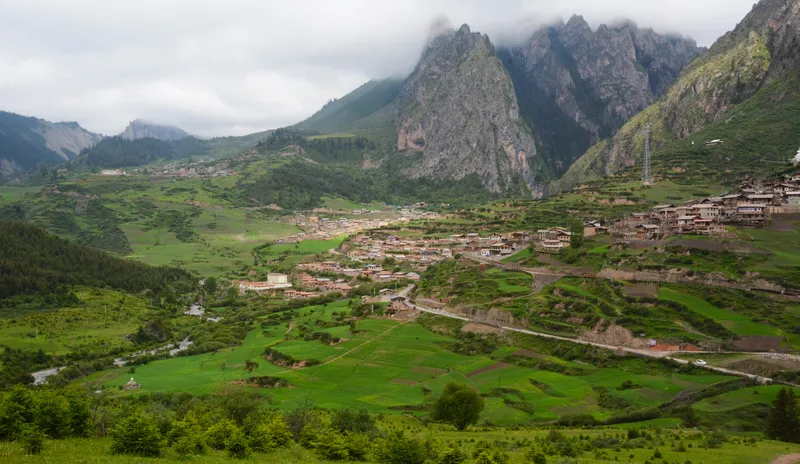Costa Rica’s road agency Conavi has extended the deadline and increase funds by $154 million for road repair and maintenance contracts.
Contracts will be extended for the companies involved which include Constructora Meco, Grupo Orosi, Quebradores del Sur, Constructora Hernan Solis and Conansa.
The Treasury Inspector's Office made the announcement, according to El Pais newspaper.
Meanwhile, four banks are considering an investment in the 60km San Jose-San Ramon Road Expansion Project. They include
October 26, 2015
Read time: 2 mins
Costa Rica’s road agency 2538 Conavi has extended the deadline and increase funds by $154 million for road repair and maintenance contracts.
Contracts will be extended for the companies involved which include Constructora Meco, Grupo Orosi, Quebradores del Sur, Constructora Hernan Solis and Conansa.
The Treasury Inspector's Office made the announcement, according to El Pais newspaper.
Meanwhile, four banks are considering an investment in the 60km San Jose-San Ramon Road Expansion Project. They include the private banks of Lafise and Improsa as well as the state-owned banks Bancredito and BCR.
It is also understood that Scotiabank and BCT have withdrawn from the toll-road project for which a tender is out for the design, construction, operation and maintenance of the road for 30 years.
The government of Costa Rica is using a public works trust for the project following the failure of a previous contract granted to Brazilian construction firm OAS. The government announced in May 2013 that the $473 million contract had been “suspended”, according to a report by the Latin American business website BNamericas at the time.
Cota Rica’s national concessions agency CNC has said the project is divided into four sections, with lanes to vary between two and four. Construction includes eight bridges and 10 interchanges with eight existing interchanges to be upgraded. Five toll stations will be built.
The first 17.3km runs from the capital San José to the Juan Santamaria airport, while the second 12km stretch runs from Juan Santamaria to the Poás River. A third stretch, 28.6km, will be from Poás and the last 2.7km will run from Río Segundo to San Antonio, both within the San José area.
Contracts will be extended for the companies involved which include Constructora Meco, Grupo Orosi, Quebradores del Sur, Constructora Hernan Solis and Conansa.
The Treasury Inspector's Office made the announcement, according to El Pais newspaper.
Meanwhile, four banks are considering an investment in the 60km San Jose-San Ramon Road Expansion Project. They include the private banks of Lafise and Improsa as well as the state-owned banks Bancredito and BCR.
It is also understood that Scotiabank and BCT have withdrawn from the toll-road project for which a tender is out for the design, construction, operation and maintenance of the road for 30 years.
The government of Costa Rica is using a public works trust for the project following the failure of a previous contract granted to Brazilian construction firm OAS. The government announced in May 2013 that the $473 million contract had been “suspended”, according to a report by the Latin American business website BNamericas at the time.
Cota Rica’s national concessions agency CNC has said the project is divided into four sections, with lanes to vary between two and four. Construction includes eight bridges and 10 interchanges with eight existing interchanges to be upgraded. Five toll stations will be built.
The first 17.3km runs from the capital San José to the Juan Santamaria airport, while the second 12km stretch runs from Juan Santamaria to the Poás River. A third stretch, 28.6km, will be from Poás and the last 2.7km will run from Río Segundo to San Antonio, both within the San José area.






